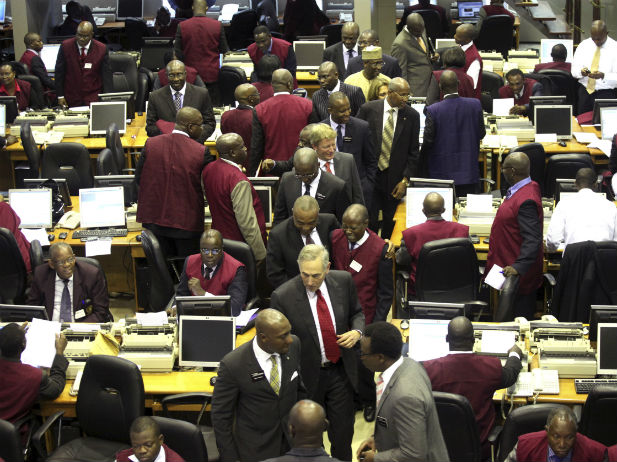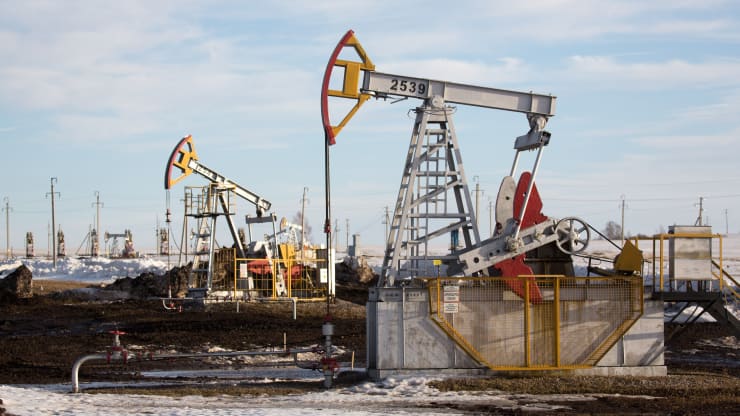- Third-quarter Results to Shape Market Trend
Financial analysts have said that the release of the third quarter results will determine the outcome of the stock market trading sessions this week.
The analysts, said the capital market was likely to experience increased trading activities as some investors had begun to take position in terms of investment decisions.
They, however, attributed the market performance last week to a mix of bargain hunting and profit taking activities by investors.
“In the coming week, we expect an influx of corporate scorecards for the Q3 2016 to dictate the general market mood,” analysts at Meristem Securities Limited said in the firm’s weekly market analysis.
Mixed reactions pervaded the Nigerian equities market last week, as index appreciated in three out of five trading days of the week.
The Nigerian Stock Exchange All-Share Index gained marginally by 0.09 per cent week-on-week to settle year-to-date return at –2.73 per cent.
Due to the holiday effect in the penuktimate week, the volume and value of transactions appreciated by 24.38 per cent and 45.52 per cent week-onm-week. For the week, 22 stocks gained as against 43 decliners, representing a negative market breath.
For the fixed income market, system liquidity increased last week, following the Open Market Operations repayment of N233bn. However, there was OMO auction worth N152bn in the week.
The Central Bank of Nigeria through the Debt Management Office conducted a primary market bond auction and raised N10bn, N45bn and N40bn of 14.50 per cent Federal Government of Nigeria July 2021; 12.50 per cent FGN January 2026; and 12.40 per cent FGN March 2036 bond instruments, accordingly.
Bearish sentiments pervaded the treasury bills market, as average Treasury bills yield pared by 1.18 per cent to settle at 17.72 per cent. Also, in the Treasury bonds space, investors signalled strong appetite towards the shorter-term bond instruments.
Consequently, average bond yield declined marginally by 0.03 per cent to settle at 16.12 per cent at the end of the trading week.
At the interbank foreign exchange market, the naira depreciated by 1.06 per cent to settle at N307.77/dollar at the close of the week.
But the naira appreciated by 2.83 per cent to close at N460/dollar in the parallel market. Average forward quote stood at N324.83/dollar at the close of the week.
To this end, analysts at Vetiva Capital Management Limited, said, “As the Q3 earnings season opens up further, we expect trading activity to pick up as investors position ahead of the numbers.”
For the fixed income market, they said with no inflows expected at the start of the week to ease system liquidity, “we expect the upward trend in yields to persist.
“For the currency, we do not rule out the possibility of the naira strengthening further as the impact of the CBN’s directive further unfolds.”
For banking stocks, the Meristem analysts said the gain recorded last week was due to the bargain-hunting activities on ‘tier 1’ banks that had witnessed poor market sentiments in the prior week. “As we enter the earnings season, we anticipate nine-month 2016 results to dictate market performance in the period,” it added.


 Naira4 weeks ago
Naira4 weeks ago
 Naira4 weeks ago
Naira4 weeks ago
 Travel4 weeks ago
Travel4 weeks ago
 Naira3 weeks ago
Naira3 weeks ago
 Jobs4 weeks ago
Jobs4 weeks ago
 Naira4 weeks ago
Naira4 weeks ago
 Investment4 weeks ago
Investment4 weeks ago
 Travel4 weeks ago
Travel4 weeks ago


























